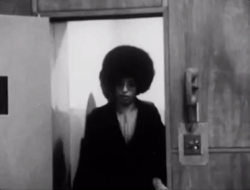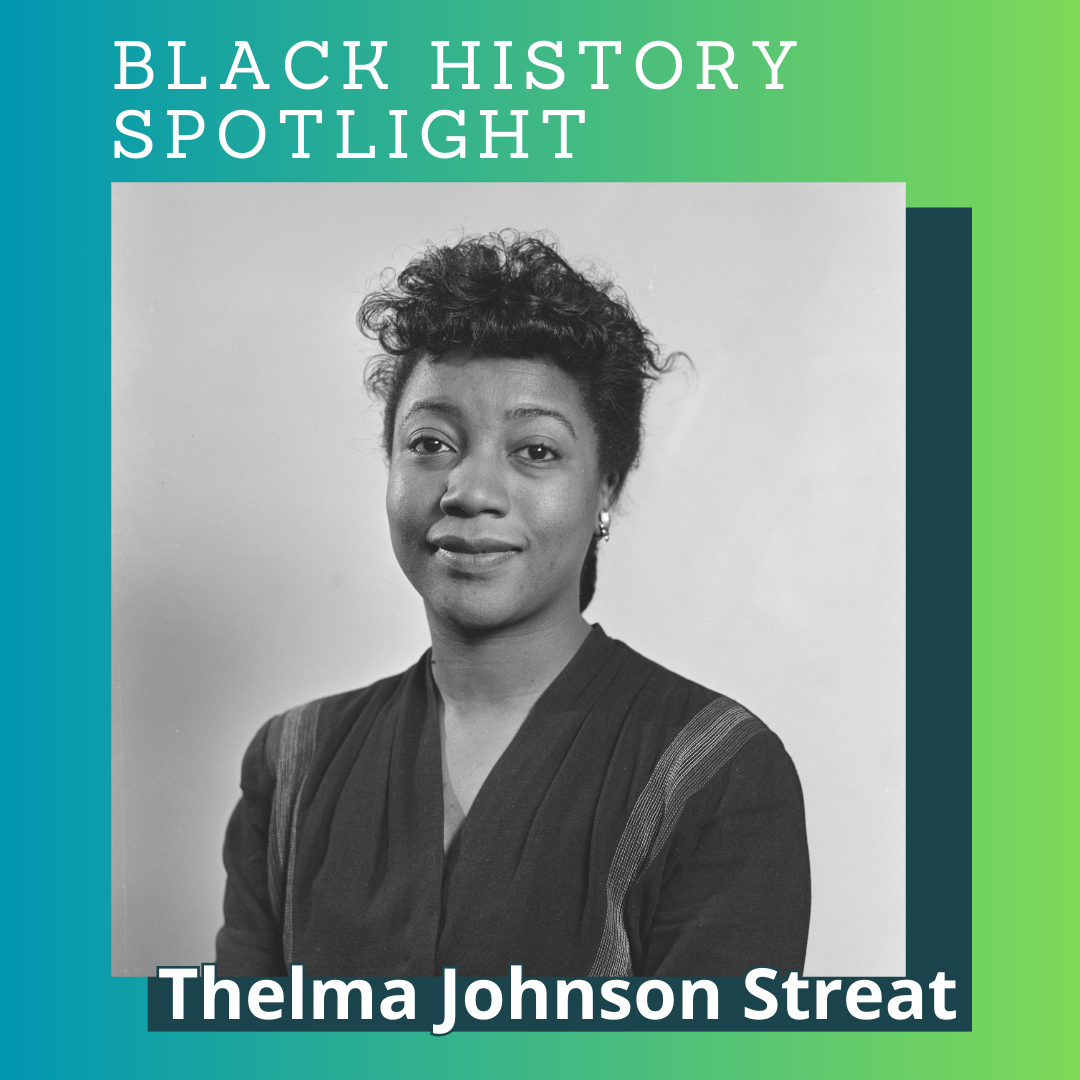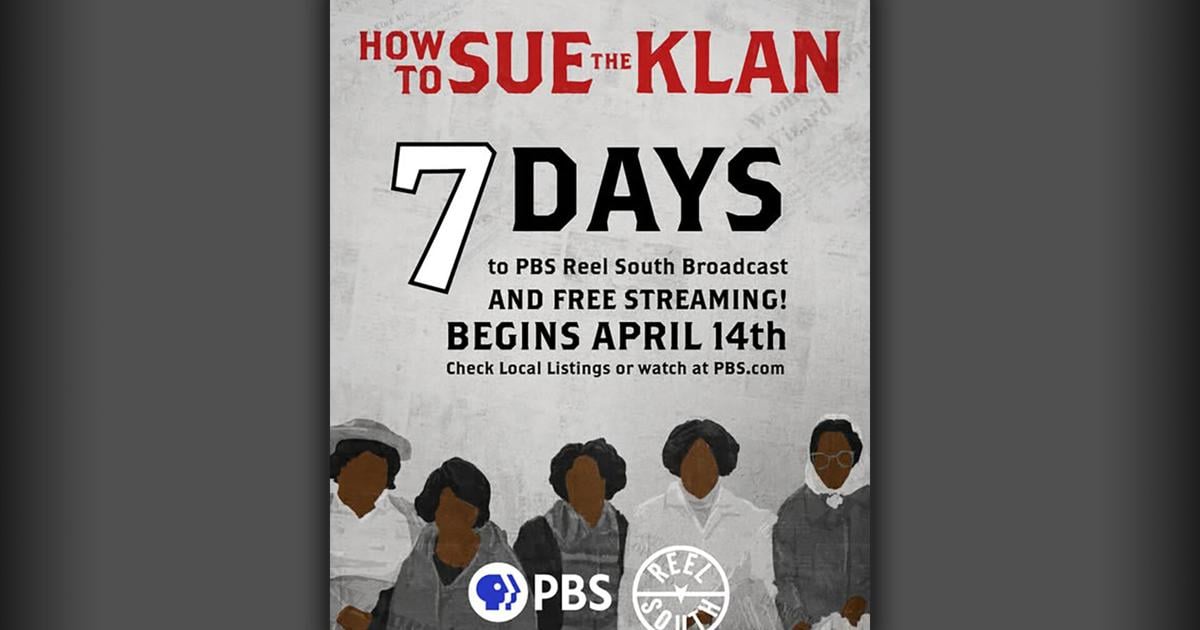- BlackVoter.Org
- Posts
- BlackVoter.Org
BlackVoter.Org


On this lively webpage, comedian D.L.
Hughley shares an intriguing interaction with actress Raven-Symoné, who playfully asserts that she is not the person people might think she is. With a flair for humor and candidness, Raven-Symoné dives into her unique identity, challenging stereotypes and misconceptions about her public persona.
The conversation highlights the importance of authenticity and self-perception, wrapped in lighthearted banter that showcases her vibrant personality. Hughley, known for his sharp wit, complements Raven-Symoné's charisma, making for a delightful exchange that entertains while encouraging deeper reflection on identity.
This engaging discussion illustrates how celebrities can break down barriers and invite audiences to see them beyond their on-screen roles.

Giphy

A recent $10 million donation to the Hope Florida Foundation, a charity linked to First Lady Casey DeSantis, has sparked controversy in Florida. This donation, part of a larger $67 million settlement with Medicaid contractor Centene over alleged overbilling, has raised eyebrows among lawmakers who claim it violates state law.
During a tense hearing, Representative Alex Andrade expressed concerns that this funds transfer, made without legislative notification, appears illegal. While Agency for Health Care Administration Secretary Shevaun Harris insists the donation is a "separate contribution" and not taxpayer money, critics argue that the funds originated from overpayment of public dollars.
The Hope Florida initiative, aimed at steering residents away from government services, has also been criticized for its lack of transparency and measurable outcomes. Lawmakers are demanding answers about the use of these funds and are considering further investigation.
The DeSantis administration is facing scrutiny as the political campaign season heats up.

Explore the inspiring legacy of Thelma Johnson Streat, a groundbreaking painter and dancer whose artistry championed racial equity. Born in the early 1910s in Washington, Thelma’s passion for art blossomed early, leading her to win prizes while still in high school.
Her career took off after showcasing her work at a New York exhibit, where she gained national recognition. Influenced by celebrated artists like Diego Rivera, Thelma created powerful pieces addressing racial issues, including the notable “Death of a Negro Sailor.
” After relocating to San Francisco, she expanded her creative horizons to include interpretive dance, even performing for dignitaries such as Eleanor Roosevelt and Queen Elizabeth II. Despite facing challenges later in life, her contributions have finally earned her rightful recognition as one of the foremost West Coast artists of the early 20th century, with her works housed in various prestigious museums.

Get ready for a powerful documentary hitting PBS on April 14: "How to Sue the Klan." This gripping film tells the remarkable story of five Black women who courageously took legal action against the Ku Klux Klan in a landmark 1982 case.
Their fight not only awarded them the equivalent of over $1.5 million today but also resulted in a historic injunction against Klan activities in Chattanooga.
With deep roots in the community, this NAACP Image Award-winning documentary sheds light on a pivotal moment in civil rights history. Don’t miss the chance to watch it on PBS.

In a groundbreaking federal lawsuit, Dr. Johné Battle, a prominent advocate for diversity, equity, and inclusion (DEI), is taking on Dollar General—the nation's largest brick-and-mortar retailer—over systemic racial discrimination.
Representing himself and 75,000 Black and Brown employees, Battle alleges that the company engages in biased hiring, promotion, and pay practices. This pivotal case not only seeks justice for marginalized workers but also aims to reshape corporate accountability and racial equity in a climate of increasing scrutiny on DEI efforts.
With Dollar General operating over 20,000 stores and generating $40 billion in revenue, the lawsuit shines a glaring spotlight on corporate practices affecting countless lives. As civil rights leaders prepare for a major DEI march and boycott, Battle states, "This is a pivotal moment in light of our country’s latest assault on DEI," likening its potential impact to that of landmark cases like Brown v.
Board of Education and Roe v. Wade.

North Carolina is at the center of a controversial voting rights battle that threatens to disenfranchise over 65,000 voters following the recent challenges brought by Republican candidate Jefferson Griffin. After losing a narrow vote against incumbent Justice Allison Riggs, Griffin is contesting ballots, notably targeting military and overseas voters—who face unique voting challenges.
This situation highlights a broader pattern of voter suppression tactics, previously seen in the state, where laws have marginalized African American and other minority voters since the Republican rise in 2010. Critics, including veterans and civil rights activists, warn that these moves not only undermine voting confidence but also erode democracy.
As the state’s Supreme Court weighs in, with a predominantly Republican bench, the implications of their decision could reshape the landscape of voting rights not just in North Carolina but across the nation. The urgency of protecting democratic access has never been clearer.

As tensions rise in American politics, Democrats are seizing the moment by organizing “People’s Town Halls” across the country, while Republicans pull back to avoid public confrontations. Following an uproar at a Kansas town hall that forced Sen.
Roger Marshall to flee, GOP leaders opted to cancel such events, prompting criticism from political experts and anger from Democrats. They argue this retreat silences constituents and signals a broader shift towards catering only to extremes.
In contrast, Democratic leaders, led by DNC Chair Ken Martin, are ramping up engagement, holding 71 town halls in three weeks across 35 states. They emphasize the importance of listening to voters who feel neglected, as they gear up for more events during the upcoming congressional recess.
With Republicans faltering, Democrats aim to keep the momentum, ensuring that constituents’ voices are heard loud and clear as the political landscape evolves.